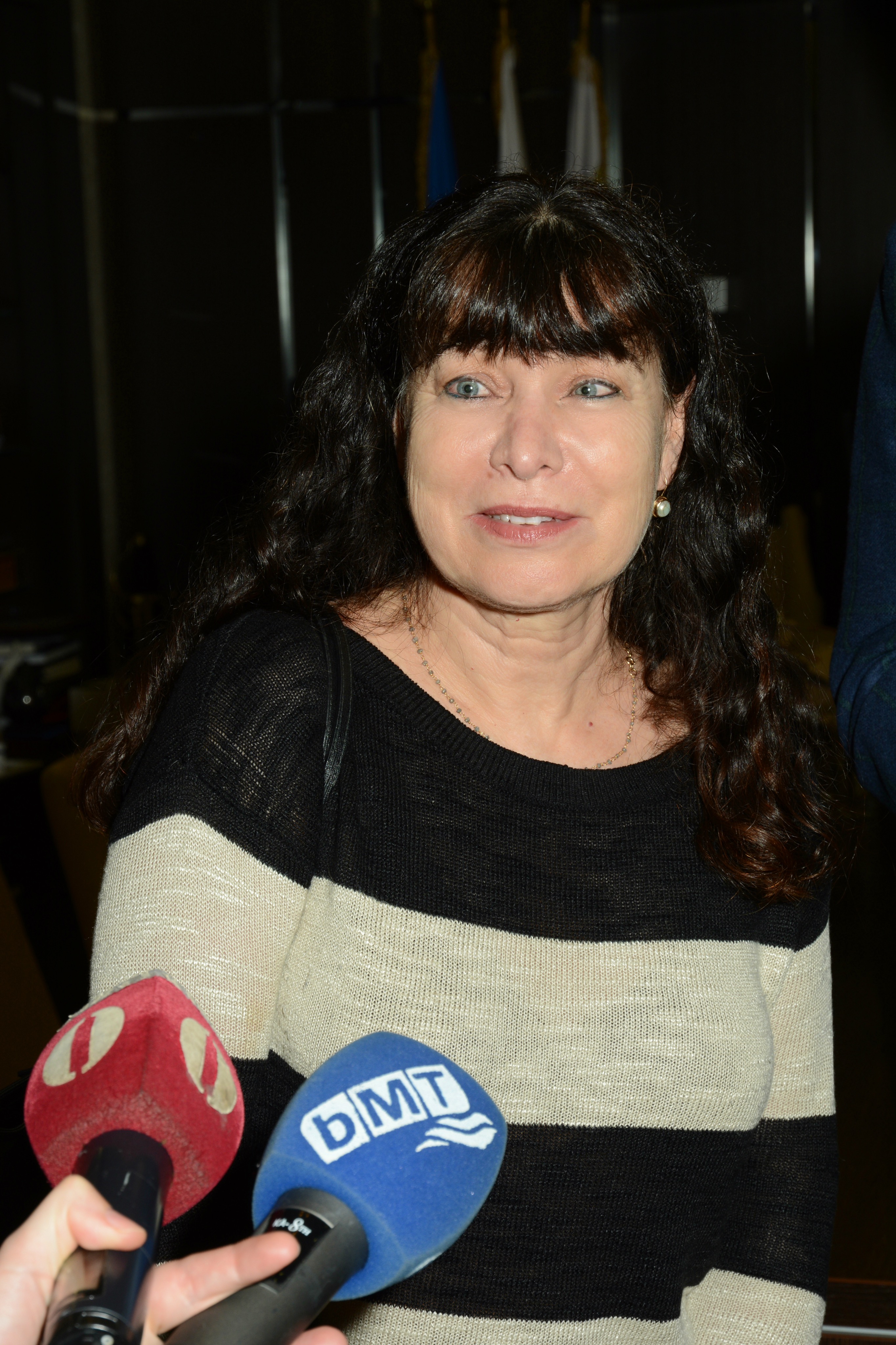utrition for optimal health
Your nephrologist and medical team will work with you to create a nutrition plan. If you are on dialysis and you have developed diabetes, you will need to control your blood sugar and test your levels at least twice a day. If you have high blood pressure you should avoid salt. Your medical team will explain to you how the food and drinks you consume affects your health condition and your treatment. Your nephrologist could will also recommend if needed vitamins and health supplements.
Diabetes
In our country, diabetes is factor number one in 38% of cases of chronic kidney disease (CKD) leading to dialysis. This is also the main cause of kidney failure worldwide. If you are living with diabetes and kidney disease, it is important to keep control of both conditions by eating properly, following the medication prescribed by your doctor.
High blood pressure (hypertension) – High blood pressure is the second factor of chronic kidney disease, responsible for 28% of CKD cases. If you have high blood pressure, it is important to live a healthy lifestyle and take medicines as prescribed by your doctor. High blood pressure weakens the blood vessels, which can lead to kidney disfunction.
Anemia
– Having CKD reflects your body’s ability to produce red blood cells that transport oxygen to your organs. Condition of having low level of red blood cells is called anemia and makes you feel tired and weak. Taking medication – erythropoietin and iron – will help your body to generates more red blood cells.
High cholesterol
– If the levels of cholesterol in your blood are too high, it can clog your arteries. It becomes a hard plaque that restricts or blocks blood circulation to your heart. Your doctor may recommend dietary changes, exercises, and most probably special medications to help lower your cholesterol levels.
Bone and mineral diseases
– When your kidneys are not working properly, your body is not able to keep the levels of calcium and phosphate at healthy levels – your kidneys cannot filter out the excess amount of phosphorus in your blood and they are not helping your body of retaining Vitamin D. Your kidneys activate (switch on) vitamin D which is important for calcium balance. When these minerals are not in balance that makes your bones weaker and more fragile. Your doctor will probably prescribe you to take phosphorus binders (medicines that bind phosphorus and lower its levels in your blood and are commonly prescribed class of drug for patients on dialysis) and vitamin D.
Smoking
– If you smoke you should consider giving it up. When you have CKD, tobacco increases the stress on your heart and other organs, which is extremely dangerous. Some versions of smokeless tobacco also contain molasses, which has high levels of potassium and should be avoided.

















 During her visit to the Municipality of Burgas, Prof. Weinstein declared her readiness to share her experience and to assist in the implementation of Israeli hemodialysis know-how. The meeting was attended by investors and representatives of the newest and most modern NephroLife Dialysis Center in Burgas, there was also Dr. Loris Manuelyan, a nephrologist and long-time Deputy Mayor of the Health Protection in Burgas Municipality.
During her visit to the Municipality of Burgas, Prof. Weinstein declared her readiness to share her experience and to assist in the implementation of Israeli hemodialysis know-how. The meeting was attended by investors and representatives of the newest and most modern NephroLife Dialysis Center in Burgas, there was also Dr. Loris Manuelyan, a nephrologist and long-time Deputy Mayor of the Health Protection in Burgas Municipality.
